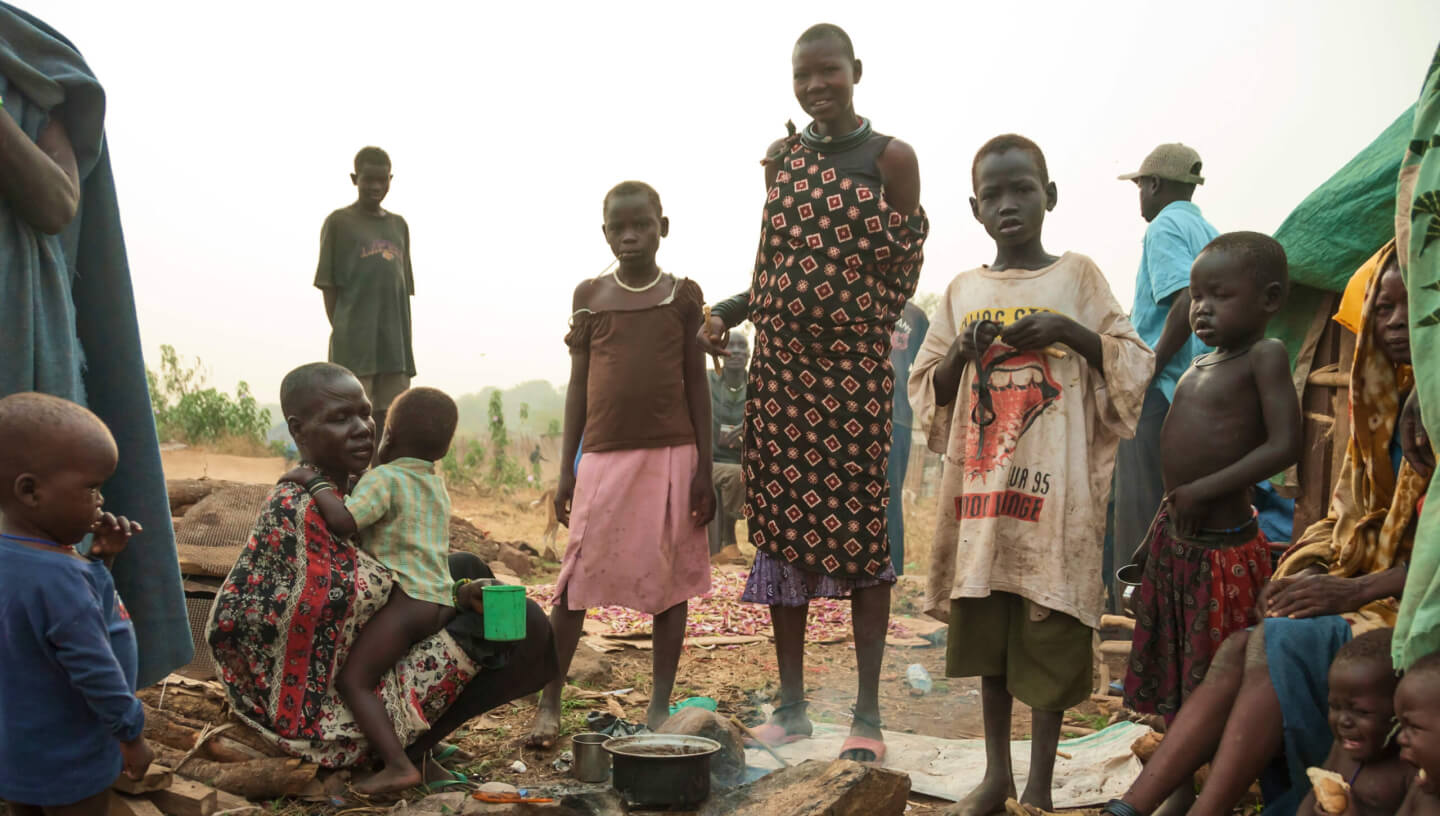27.10.2022
Climate change denies millions of people their rights to life, food and security — UN
 Photo by: vlad_karavaev / iStock
Photo by: vlad_karavaev / iStock
Climate change is denying millions of people around the world their basic rights to life, water, food, sanitation, self-determination and development. This was stated by the Special Rapporteur, Professor Ian Fry, during his address to the UN General Assembly.
“Human-caused climate change is the greatest and most far-reaching threat to the environment and societies the world has ever faced, and the poorest countries are paying the highest price for it,” the expert said, addressing delegates.
Jan Fry drew attention to the “gross injustice” emanating from rich countries and large corporations that do nothing to reduce their greenhouse gas emissions and therefore prevent the poorest and most vulnerable nations from coping with the situation.
The speaker highlighted that G20 members have accounted for 78% of global greenhouse gas emissions over the last decade.
A number of steps need to be taken to improve the situation, according to the professor. First and foremost, the global community should improve mitigation of climate change and reduce emissions more.
Another issue is the loss and damage caused by natural disasters. The damage caused by climate disasters is enormous, and a compensation fund is needed. Discussions about this are ongoing, but negotiations are very slow.
Another problem is the ability of people who have already been affected by climate change to speak out publicly about what has happened. There are many women, children, young people, people with disabilities, indigenous people and other vulnerable social groups. Their voices must be heard, said the UN expert.
“These are millions of people around the world whose basic rights are affected. So we have to make that connection, we have to see the human faces of climate change,” said Ian Fry.
The UN special rapporteur called the current situation with the implementation of the goals of the Paris climate agreement, designed to limit global warming to within 1.5 °C, a challenge.
According to Jan Fry, humanity is now on a trajectory that assumes a warming of the planet by 2–3 °C from pre-industrial levels, so much more action needs to be taken to force countries to reduce their emissions.
A positive example can be seen in Portugal, which is moving towards a 100% switch to renewable energy sources.
Cover photo: Alissa Everet / Getty Images














































Comments